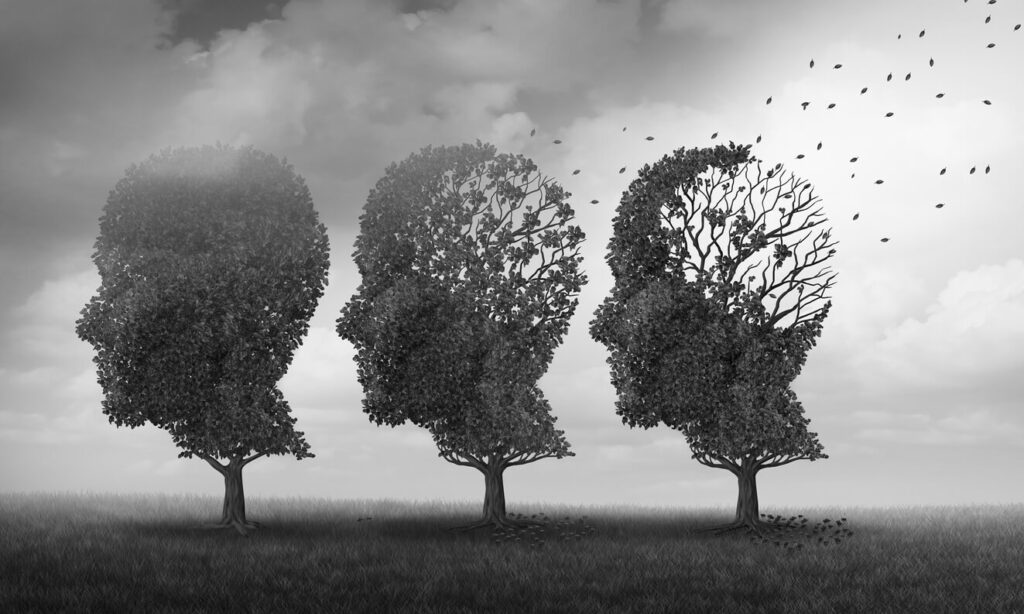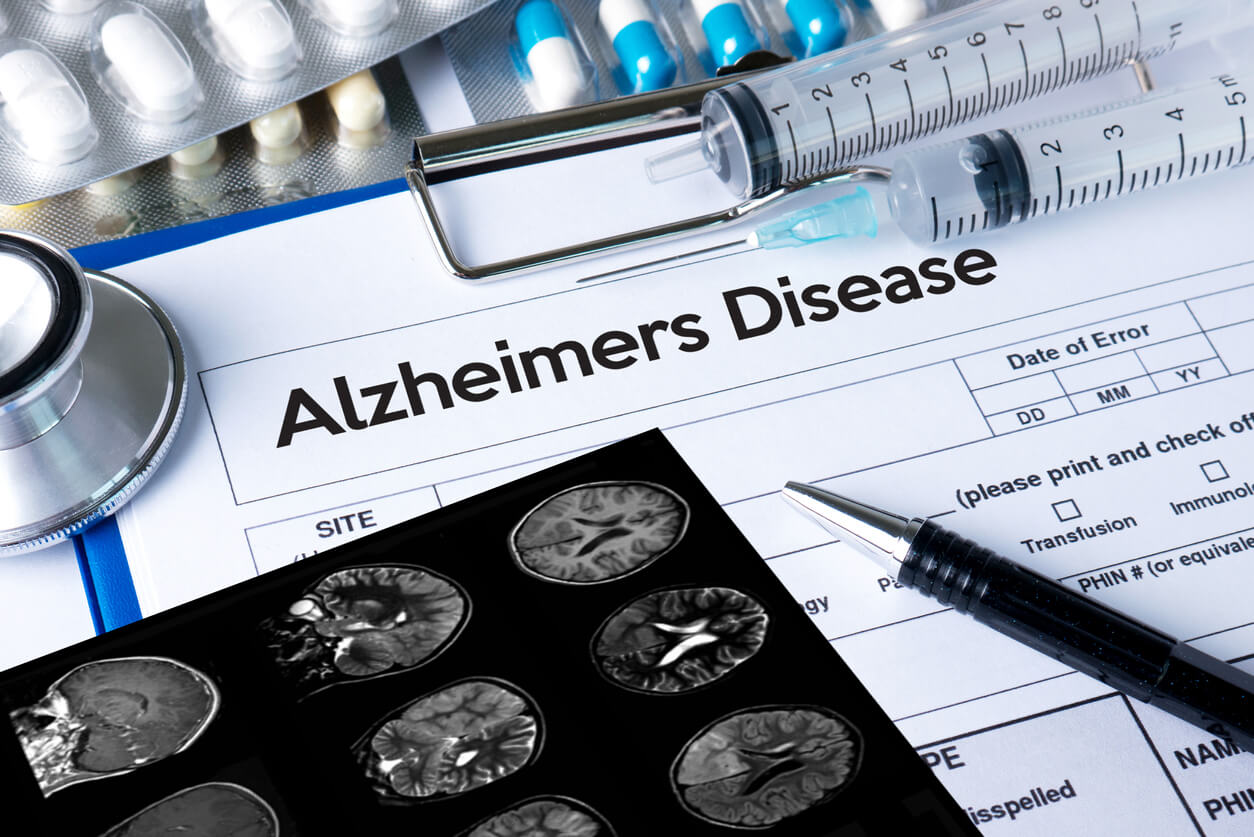
AD or Alzheimer’s disease is classified as a form of dementia and impacts over 30 million people across the world and is projected to grow as most of the world’s population has experienced a huge increase in life expectancy. Due to this alarming statistic, extensive research and preventive care measures have been taken to look into how it starts and if this disease is preventable.
Some of these studies include the treatment of using medical marijuana for Alzheimer’s disease in both the aim to prevent and reduce symptoms to aid patients who are fighting this disease or have been recently diagnosed. Cannabis is a source of inquiry for many researchers who want to know if marijuana and Alzheimer’s treatment is a real possibility in the near future.
To understand how researchers are studying the possibility of treating Alzheimer’s patients with marijuana, we first must understand the disease.
Alzheimer’s disease is a memory and cognitive function disease that begins by attacking the hippocampus, which serves to process, retain, and analyze memories. Patients who have the beginning stages of Alzheimer’s disease, and advanced also, experience mood disorders ranging from high anxiety to depression due to the hippocampus and the compromise it endures when attacked.
There are two types of Alzheimer’s disease classifications, late-onset for men and women in their mid 60’s, and early-onset for men and women ranging from 30-65. Symptoms, in the beginning, vary from person to person, but common identifiable behaviors include:
Sadly, as the disease continues, diagnosed patients become impaired and unable to perform day-to-day tasks such as breathing and swallowing. It is also thought that the disease significantly compromises the immune system, leading patients to develop life-threatening illnesses like infection and pneumonia.

One common characteristic of Alzheimer’s patients is the increased development of Aß plaques on the brain. Some researchers believe in preventing the plaque from building up on the brain, the disease may be able to be avoidable or at least treatable, but this theory became a dead end as the proteins that create the brain plaque contribute to brain cell function.
What else can be done for patients to reduce or prevent the brain from experiencing this deadly plaque build-up?
Some research has shown that THC and CBD are antioxidants that act as anti-inflammatory agents that, in turn, reduce and neutralize inflammation throughout the body, including the brain. Of course, pharmaceuticals like non-steroidal anti-inflammatory drugs (NSAIDs) also reduce inflammation throughout the body, but the kidneys are impacted negatively causing even further issues for patients.
Further, CBD protects the brain’s hippocampus from disease and toxins while reducing inflammation and protect the brain cells from microglia, which in AD patients is increased and harmful to healthy neurons. Research has shown that a combination of THC and CBD treatments for Alzheimer’s patients not only improves AD symptoms as they come but also reduce the dangerous increase of microglia, a great sign for men and women diagnosed with this disease.
Although there is no cure for Alzheimer’s, CBD and THC are on the rise as safe and powerful alternatives to intense pharmaceutical therapy. While we have a long way before these treatments are available to everyone diagnosed, it is a great sign for researchers and an encouraging alternative to harsh synthetic drugs.
Read more about cannabis and the benefits many patients experience by reading more of our articles.

Biofit is a clinic located in Miami, Florida offering wellness, weight loss, and medical marijuana card evaluations. Our supportive staff is here to meet your healthcare goals by gaining access to a variety of services.